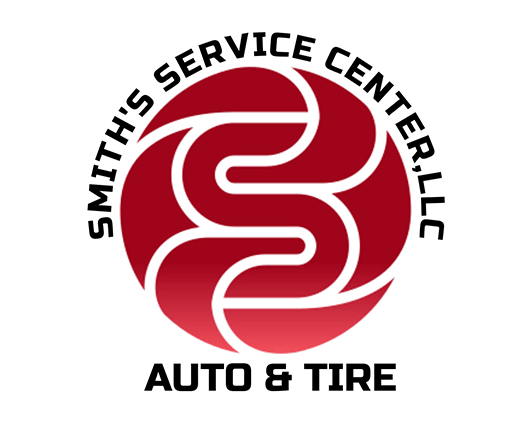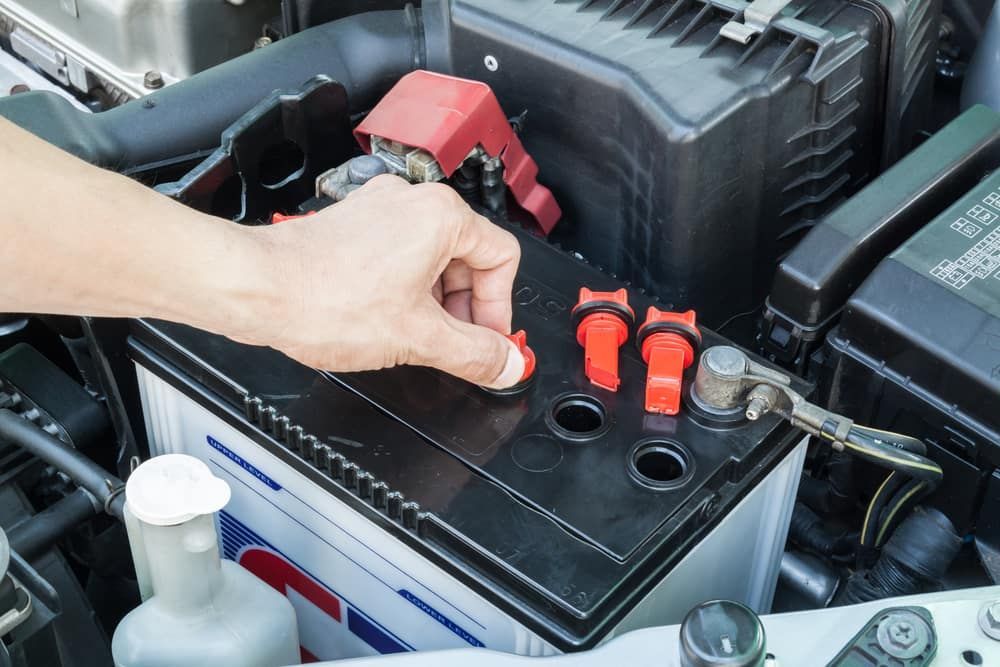How Often Should You Change Your Oil? Expert Recommendations
Keeping up with routine oil changes is one of the most important aspects of vehicle maintenance. Your engine depends on clean oil to run efficiently, and neglecting this essential service can lead to costly repairs down the road. But how often should you change your oil? At Smith’s Service Center in Evansville, IN, we help drivers understand the best oil change intervals based on their vehicle type, driving habits, and environmental factors.
If you’ve ever wondered whether the old “every 3,000 miles” rule still applies or if modern engines and synthetic oils have extended that interval, this guide will provide expert insights to keep your engine running smoothly.
Why Are Regular Oil Changes Important?
Your engine is made up of moving parts that generate friction and heat. Motor oil lubricates these components, reducing wear and preventing overheating. Over time, oil breaks down and becomes contaminated with dirt, debris, and engine byproducts. When this happens, it loses its effectiveness, leading to:
- Reduced fuel efficiency
- Increased engine wear
- Overheating and potential engine failure
- Costly repairs due to sludge buildup
Staying on top of oil changes at Smith’s Service Center ensures your engine stays in peak condition, extending the life of your vehicle.
Standard Oil Change Intervals: What the Experts Recommend
There isn’t a universal answer to how often you should change your oil, as it depends on several factors, including your car’s make and model, driving conditions, and the type of oil used. Here’s a breakdown of general guidelines:
1. Conventional Oil: Every 3,000-5,000 Miles
If your vehicle still uses conventional oil, it’s best to stick to the traditional 3,000 to 5,000-mile interval. This is especially important for older cars or those that experience stop-and-go traffic frequently.
2. Synthetic Blend Oil: Every 5,000-7,500 Miles
Many modern vehicles now use synthetic blend oil, which lasts longer than conventional oil while still providing excellent engine protection. If your car runs on a synthetic blend, you can typically go 5,000 to 7,500 miles between oil changes.
3. Full Synthetic Oil: Every 7,500-10,000 Miles
For vehicles that require full synthetic oil, manufacturers often recommend 7,500 to 10,000-mile intervals. Full synthetic oil provides superior protection, especially in extreme temperatures, high-performance engines, and vehicles that tow heavy loads.
Always check your owner’s manual or consult our team at Smith’s Service Center in Evansville, IN, to ensure you're following the recommended schedule for your specific car.
Factors That Affect Oil Change Frequency
While the oil type is a major factor, your driving habits and environmental conditions also play a significant role in how often you need an oil change. Consider these factors:
1. Driving Conditions
- Stop-and-Go Traffic: If you frequently drive in city traffic, your engine works harder, requiring more frequent oil changes.
- Highway Driving: Long-distance driving at steady speeds generally allows for longer oil change intervals.
- Frequent Short Trips: If you take mostly short trips where your engine doesn’t fully warm up, oil degrades faster.
2. Weather and Climate
- Hot Summers: Extreme heat can break down oil faster, leading to increased wear on engine components.
- Cold Winters: In cold temperatures, oil thickens and takes longer to circulate, requiring extra care in oil maintenance.
3. Towing and Heavy Loads
- If you tow trailers, haul heavy loads, or use your vehicle for work, your engine experiences extra strain. This means you may need to change your oil more frequently to prevent overheating and excessive wear.
4. Vehicle Age and Mileage
- Older Vehicles: Cars with high mileage or older engines may consume more oil, requiring more frequent changes.
- Newer Vehicles: Many newer vehicles have oil life monitoring systems that alert you when it’s time for an oil change.
At Smith’s Service Center, we evaluate these factors and provide personalized recommendations to keep your engine running at its best.
Signs It’s Time for an Oil Change
Even if you’re following a recommended schedule, sometimes your car will show signs that it needs an oil change sooner. Here’s what to watch for:
- Dark, Dirty Oil: Clean oil is amber in color, while dirty oil appears dark and thick.
- Engine Noise or Knocking: Oil reduces friction; when it’s old, you may hear louder engine noises.
- Oil Change Light or Check Engine Light: Many vehicles have an oil life indicator that alerts you when it’s time for a change.
- Exhaust Smoke: If you notice excessive smoke coming from your exhaust, your oil may be breaking down.
- Burning Oil Smell: A strong oil odor inside the car could mean a leak or overheating oil.
If you notice any of these warning signs, stop by Smith’s Service Center in Evansville, IN, for an immediate oil check.
Choosing the Right Oil for Your Vehicle
Not all motor oils are the same. Choosing the right type ensures maximum performance and longevity for your engine. Here are the main types:
- Conventional Oil: Best for older vehicles or low-mileage cars.
- Synthetic Blend Oil: A mix of conventional and synthetic oil, providing better protection at an affordable cost.
- Full Synthetic Oil: Offers the best protection, ideal for modern engines and extreme driving conditions.
- High-Mileage Oil: Specifically designed for vehicles with over 75,000 miles, helping to reduce leaks and oil consumption.
If you’re unsure which oil is best for your vehicle, our technicians at Smith’s Service Center can help determine the right option for your engine’s needs.
What Happens During an Oil Change at Smith’s Service Center?
When you bring your vehicle to our shop for an oil change, we go beyond simply draining and replacing the oil. Our comprehensive service includes:
- Draining old oil and replacing it with fresh, high-quality oil
- Installing a new oil filter to ensure optimal filtration
- Checking and topping off essential fluids
- Inspecting your engine for potential leaks or issues
- Checking your tire pressure and general vehicle health
Our goal is to keep your vehicle running smoothly while giving you peace of mind on the road.
Final Thoughts: Stick to a Consistent Oil Change Schedule
Regular oil changes are an easy and cost-effective way to protect your engine and maintain your vehicle’s performance. By following your manufacturer’s recommendations and considering your driving habits, you can ensure that your car stays in peak condition for years to come.
At Smith’s Service Center in Evansville, IN, we make oil changes quick, efficient, and hassle-free. Whether you drive a daily commuter, a high-performance vehicle, or a work truck, our expert team is here to help.
Schedule your next oil change today and keep your engine running like new!
List of Services
-
Brake Repair and FluidsBrake Repair and Fluids
-
Lube, Oil & Filter ChangeLube, Oil & Filter Change
-
Battery ServicesBattery Services
-
Tire Service and RepairTire Service and Repair
-
Wheel AlignmentWheel Alignment
-
Transmission RepairTransmission Repair
-
Car AC Repair and RechargeCar AC Repair and Recharge
-
Engine Diagnostics and Tune-UpsEngine Diagnostics and Tune-Ups
List of Services
-
Brake Repair and FluidsBrake Repair and Fluids
-
Lube, Oil & Filter ChangeLube, Oil & Filter Change
-
Battery ServicesBattery Services
-
Tire Service and RepairTire Service and Repair
-
Wheel AlignmentWheel Alignment
-
Transmission RepairTransmission Repair
-
Car AC Repair and RechargeCar AC Repair and Recharge
-
Engine Diagnostics and Tune-UpsEngine Diagnostics and Tune-Ups














